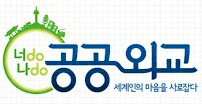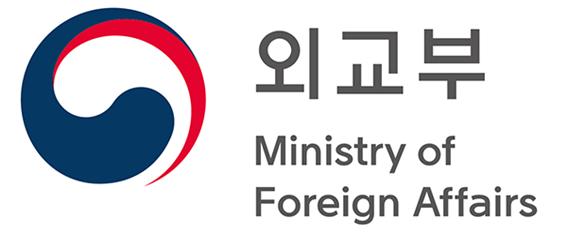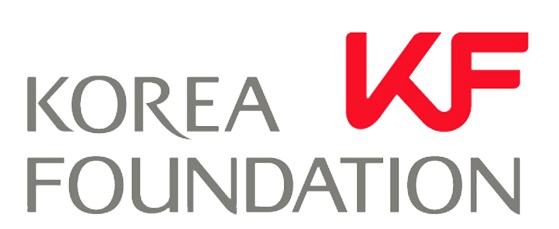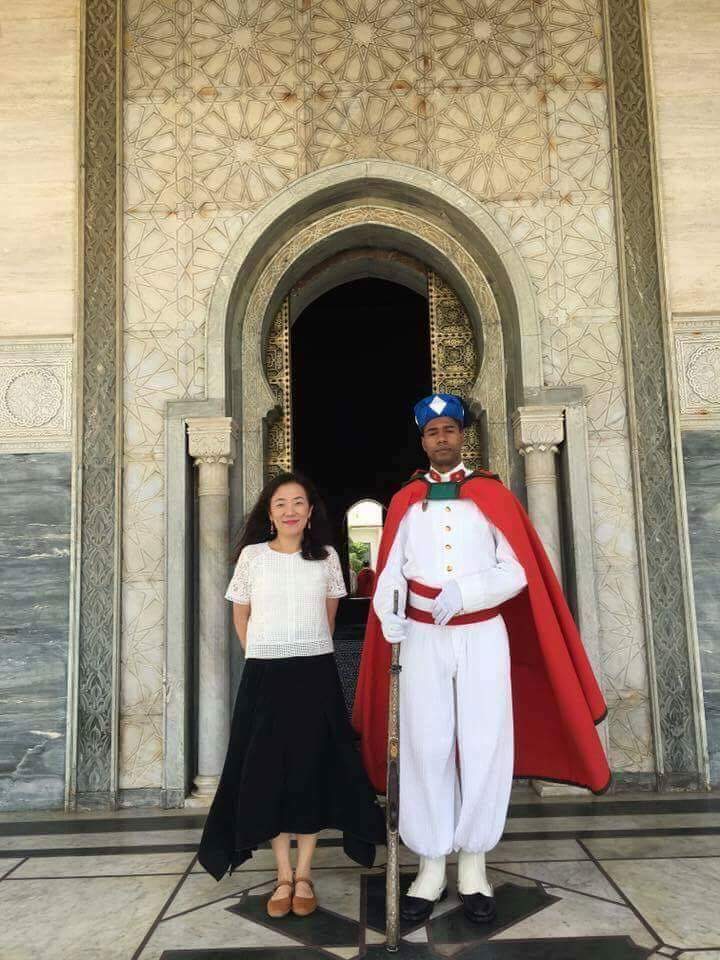
●Public Diplomacy
People think that diplomacy is only for governments and diplomats. However, now many countries want a different type of diplomacy. That is public diplomacy.
Public diplomacy is communicating with foreigners directly about a country’s history, traditions, culture, art, values, policies, and vision to improve trust in the country. It is for promoting diplomatic relations and a country’s brand. It is a different concept from ordinary diplomacy which only contains intergovernmental communication and negotiation. Public diplomacy uses soft power (culture, art, aid, values, media, and promotion) to attract foreign people.
In the twentieth century, public diplomacy only targeted foreign people and foreign governments. However, twenty-first century public diplomacy includes citizens and non-governmental organizations because the government needs support for public diplomacy to improve Korean cultural influence.

●Public Diplomacy Programs in Korea
Korea has actively engaged in public diplomacy since 2010. Diplomatic offices conduct many public diplomacy programs for foreign people. Moreover, the Korean government has tried to make more citizens participate in diplomacy, especially people who have ability in foreign languages. The Ministry of Foreign Affairs conducts public diplomacy programs, especially for young people.
First, in All Citizens are Public Diplomats, people participate in public diplomacy projects as planners and managers. In the Youth Public Diplomatic Corps, Korean and foreign youth make public diplomacy projects using their creative ideas. In Global Culture Tree, the government sends young artists as volunteers to developing countries to discover talented young artists. Finally, the Global Public Diplomacy Internship sends students as interns to diplomatic offices to support local public diplomacy.
The Youth Public Diplomatic Corps is composed of Korean university students and foreign students who live in Korea. They make a team to plan and conduct public diplomacy activities. The Ministry of Foreign Affairs provides the budget for their activities. The Global Public Diplomacy Internship program is for students who are interested in public diplomacy to work as interns. The Ministry of Foreign Affairs cooperates with universities to give students a chance to improve their international experience through public diplomacy work. This year, two Keimyung University students got this internship. I interviewed one of the interns, KAC student Jung Yeji. This is in "Global Keimyung"

●Public Diplomacy Programs for Foreigners
The Ministry of Foreign Affairs also conducts the International Youth Exchange program with Japan, China, and Vietnam. They will make more intergovernmental cooperation with other countries through the Korea Foundation. The Korea Foundation (KF) is a subordinate institute of the Ministry of Foreign Affairs. KF provides many programs for foreigners who live in Korea. The Korea Workshop Series is for foreigners who are interested in unification public diplomacy. The KF Theme Field Trip is a history trip for foreigners who are interested in Korean history, and the Lecture on Korean Culture is for foreigners who want to learn about Korea.

Interview with a Cultural Diplomat
I interviewed Sun Seung-hye, who works at the Ministry of Foreign Affairs as the head of the Cultural Exchange and International Cooperation Department.
1. Please introduce yourself.
I am a cultural diplomat. Now I work as the head of the Cultural Exchange and International Cooperation Department at the Ministry of Foreign Affairs. I had work experience as a curator (Cleveland Museum, USA, and the National Museum of Korea) and a professor (Seongkyunkwan University). Finally, I joined the Ministry of Foreign Affairs.
2. What is your main work at the Cultural Exchange and International Cooperation Department?
The department takes charge of three programs. The first is cultural diplomacy using sports, the Korean wave, art, and the media. We use cultural contents like K-pop, dramas, and movies for Korean wave diplomacy. We are also using the Olympics and taekwondo for sports diplomacy. Finally, we promote art diplomacy through diplomatic offices abroad.
Second, we manage public diplomacy programs. Public diplomacy has five programs. youth public diplomacy, senior public diplomacy, All Citizens Are Public Diplomats, public diplomacy interns who work at diplomatic offices abroad, and Global Culture Tree, which dispatches artists to developing countries. We recruit about 400 people to participate in public diplomacy programs every year.
Finally, we conduct intergovernmental cultural diplomacy in Europe, Africa, and the Middle East. We make cultural exchange agreements. In 2016, we made agreements with Iran, Israel, and Portugal. In the future, we will make more agreements with other countries.
3. What is the difference between cultural diplomacy and public diplomacy?
Cultural diplomacy is using cultural things for diplomacy, but public diplomacy includes culture, history, and policies. A lot of countries consider public diplomacy the main foreign policy. In the twenty-first century, all citizens can take the role of a diplomat to promote understanding of Korea.
4. Can you recommend a public diplomacy program for young people who want to work as a diplomat?
I recommend the Youth Public Diplomatic Corps and the Global Public Diplomacy Internship. The diplomatic corps program is for all university students and foreign students. Students make team projects and do individual activities for public diplomacy.
5. Please give advice to students who want to work at the Ministry of Foreign Affairs.
I hope students learn a foreign language and have an understanding of different cultures. Make your dream bigger and prepare for your dream.
If you introduce your culture and language to your foreign friends, you are a public diplomat. We are living in the time of globalization. The Ministry of Foreign Affairs provides many public diplomacy programs for young people. I hope KMU students participate actively. You can get a special experience through public diplomacy programs.








